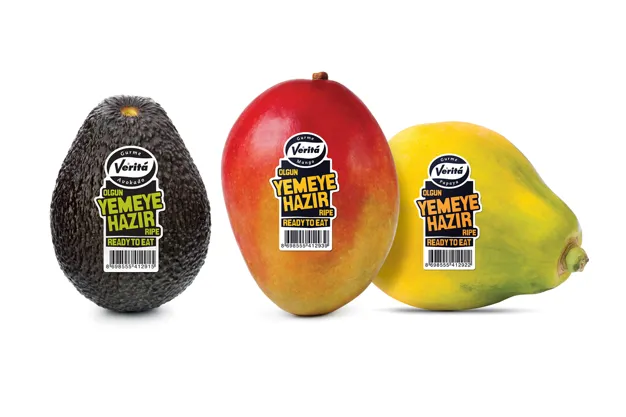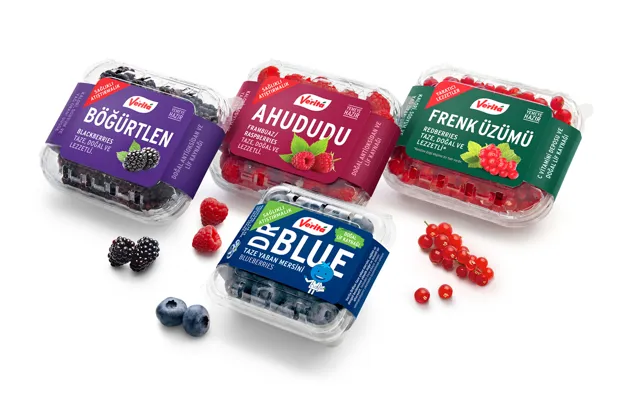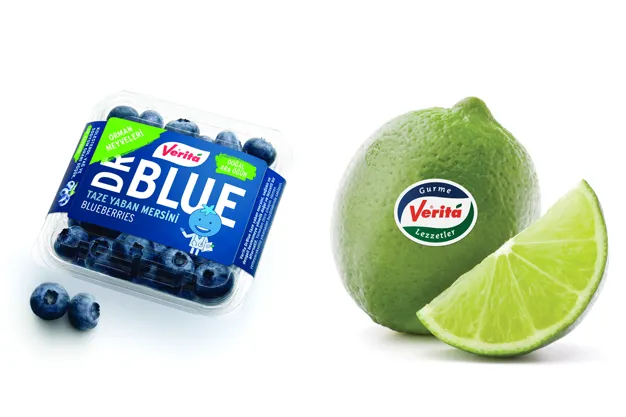At Verita Holland, an exporter of exotic and soft fruit to Türkiye based in Ridderkerk, one of the busiest weeks of the year is underway. "This is traditionally a very active week for us, with late hours," says Muhammet Cakir. Turkish supermarkets are Verita Holland's largest customers on an annual basis. In the summer, demand shifts to southern Türkiye, where hotels and the tourism sector primarily drive sales.
 One of Verita's main products is pineapple, which the company sources directly from Costa Rica. "Annually, we ship between 350 and 380 containers. We used to be the sole supplier, but now there are a few others. Still, I believe we serve about half of the Turkish market. The pineapple market has become very stable—comparable to Europe. It's more of a bulk item used to sell other products, but it's difficult to make a profit from it."
One of Verita's main products is pineapple, which the company sources directly from Costa Rica. "Annually, we ship between 350 and 380 containers. We used to be the sole supplier, but now there are a few others. Still, I believe we serve about half of the Turkish market. The pineapple market has become very stable—comparable to Europe. It's more of a bulk item used to sell other products, but it's difficult to make a profit from it."

"Smaller exotics like carambola, rambutan, and granadilla represent a small but steady market for us. In the soft fruit market, including mangoes and avocados, we see much larger fluctuations. Currently, avocados are available in limited quantities. Meanwhile, blueberries have become very popular in the Turkish market, with volumes increasing significantly. From April/May to July/August, Turkey has local berries, but outside that period, we step in." 
"When Türkiye has its own production, local prices are much lower than those of imported products because of high import duties. While the growth of local cultivation poses a challenge for us as exporters, it also has a positive side. Cheaper local products make fruit more accessible during the Turkish growing season, which in turn increases demand in the off-season. For instance, with avocados, no imports are allowed when Turkey produces its own. However, once the local season ends, we see an increase in sales, partly because Turkish avocados have introduced more people to the fruit."
 For more information:
For more information:
Muhammet Cakir
Verita Holland
Tel: 0180 615 750
[email protected]
www.veritaholland.nl
